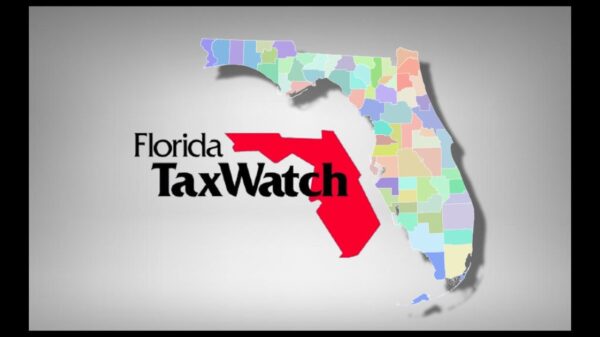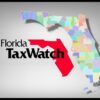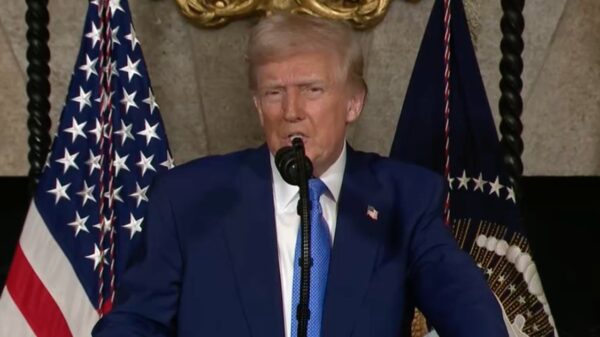Democrats often accuse Republicans of implementing tax cuts that primarily benefit the wealthy. However, recent data indicates that the highest earners in the nation are predominantly located in blue states rather than red ones.
A report from personal finance website WalletHub ranks the states with the highest income levels based on three criteria: the average income of the top 5% of earners, the average income of the bottom 20%, and the overall median income. The results reveal that states leaning Democratic dominate the top of the list.
According to the findings, the states with the highest income levels are:
- Virginia
- New Jersey
- New York
- Connecticut
- Washington
- Utah
- Minnesota
- Colorado
- Illinois
- Massachusetts
While Utah is the only reliably Republican state in the top ten, the remaining states consistently lean Democratic in statewide and federal elections.
“I don’t think most Democrats realize—or would ever acknowledge—that their party represents states with a larger concentration of wealthy Americans compared to red states,” stated financial analyst and talk radio host Steve Beaman.
In Virginia, which ranked first, the average income for the top 5% of earners is $533,522 per year, while the bottom 20% earn an average of $19,293. Virginia’s median income stands at $93,275, which is the 17th highest in the nation. However, the state’s top 5% ranks third in income, while the bottom 20% ranks fourth. These figures highlight a significant income gap but also indicate strong earning potential across various segments of the population.
“The best thing government can do is expand opportunity,” said Dr. Marc Fusaro, Dean of the DeVille School of Business at Walsh University. “This means reducing barriers for individuals who want to work, start a business, gain an education, or invest in their future. We must be cautious not to discourage effort or innovation by over-taxing success or over-regulating productivity. Policies should encourage upward mobility rather than just redistribute income.”
The WalletHub data adds a new dimension to the ongoing debate over tax policy, economic opportunity, and party alignment—raising questions about which party’s policies genuinely benefit the wealthiest Americans.





















